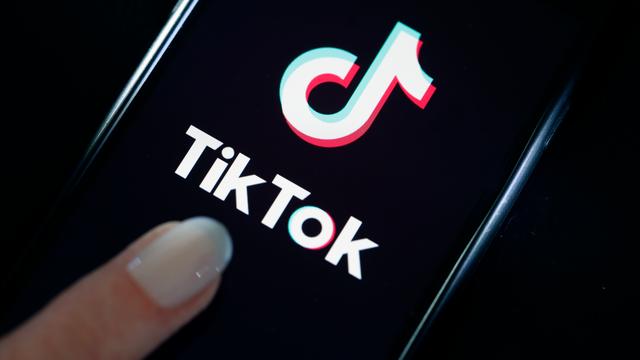Nowadays, in almost every product of writing technology it’s normal to have autocorrect. As of right now while I’m writing this blog on WordPress, when I make a small typo the computer tends to know exactly which word I wanted to go for. I don’t have to type the ‘I’ in caps lock anymore myself, the computer notifies that I’ve made a small mistake and before I realize it, the small ‘i’ has turned into a big one. On the surface this seems like a very smart and handy feature of technology, but is it really as nice as it seems?
A safety net for the impractical keyboard
In a blogpost on the website Wired, Ken Kocienda tells us about the time he worked for Apple and co-invented the autocorrect system. He elaborates on the train of thought that went behind designing such a system and that it was basically meant as a safety net for the impractical way the keyboard on the iPhone was designed. It’s a system that’s based on a lot of data including sentences. It recognizes words that often go together and makes a guess at what you wanted to say when you’ve made a typo. Of course, with fewer data, you’ll get more inaccurate corrections. We’ve all had those times where you wanted to say “fuck this” and autocorrect made it into “duck this”. In order to make these flaws go away and make the system work better, the feature has to gain more and more data to become better at guessing peoples intentions.

Details
Kartik at Quora.
Correcting the autocorrect
In a piece in The Atlantic, Navneet Alang points us to the fact that this technology is nowadays even learning from your personal way of writing things. I’ve noticed it myself as well, when I correct the autocorrect a few times the autocorrect will ‘give in’ and learn that this is the way you specifically write a word. When I started to think about it, I remembered that you also have a specific feature called “suggestions” on your keyboard that predicts what word you want to type next. I have it turned off because I found it inaccurate and annoying, but the fact that it exists says a lot about the amount of data the system obtains from your typing and how this is adapted. The machine becomes smarter in recognizing your patterns and anticipating on it and the software backing this is still evolving.

Details
Nathan Davidson on Ranker.
So… What now?
As Apple announced their new autocorrect update with iOS 17, the time of unwanted corrections and default sentences seem to be over soon. An AI model will more accurately predict what people’s intentions are when writing a sentence. Things should become smoother with autocorrect, but we’re also one step further into digital media understanding human interaction. While I like progression, I can’t help but think about my privacy and all the negative sides of the digital world becoming more and more advanced and complex. With these features, we’re giving certain businesses a lot of power and knowledge over our personal interactions. Where does our privacy begin and where does it end when we give these companies the right to gain data out of our personal conversations? Should we want a system to get to know more and more about human intentions?




To be honest, and now I am going to sound very naive: I never really thought about where ‘suggestions’ got their suggestions from. Now I think about this, I still kind of hope that these suggestions mostly come from non-personal data, such as newspapers and literature. I think this is an interesting topic to do some further research on, on how and where these databases obtain their ‘insight’ in human behaviour.
I’m tired of software that decides things for me: autocorrect, smart editors, smart this, smart that. I feel almost insulted: what, do you think that you know better than me what I want to write? On the other hand, the screen of a phone is so small that writing without such “smart” assistance would be cumbersome. So my heart is undecided. Let’s hope that these interfaces will become better, meaning less annoying, in the future. (As for the collection of personnel data, for me, it’s already a lost battle…)
With the latest update, I do not think it would be as annoying. But might be more unsettling to see our typing patterns learned by AI. As someone who mixes up languages in her texts (like using English verbs but adding suffixes from my mother tongue when I am texting someone who knows both languages), I can see the use and benefits to using an AI model. It is scary to think that something is scanning through our texts and learning the way we type, but for an improved texting experience and decreased texting time AI is necessary. I hope it will make difference in autocorrect in the near future.
I think that in your blog you very nicely tell two sides of the story about autocorrect. Sometimes autocorrect can be very handy, for example when you don’t have to write the “i””s in capslock because autocorrect is doing it for you. At other moments it can be very annoying, for example when it corrects you when you don’t want to be corrected. To be honest, although I do think that privacy is very important, I also think it is very handy that autocorrect is learning from your personal way of writing, for example when writing names since these are often not to be found in a dictionairy and therefore these are often corrected falsely by autocorrect.
For me, person that texts in multiple languages (even in the same text!!) it is a quite useful update, because it doesn’t correct words to similar words in the other language. But at the same time it is terrifying how fast the AI have learned that most of the times I type ‘hah’ instead of ‘haha’ . So I guess as with any development there are advantages and disadvantages.